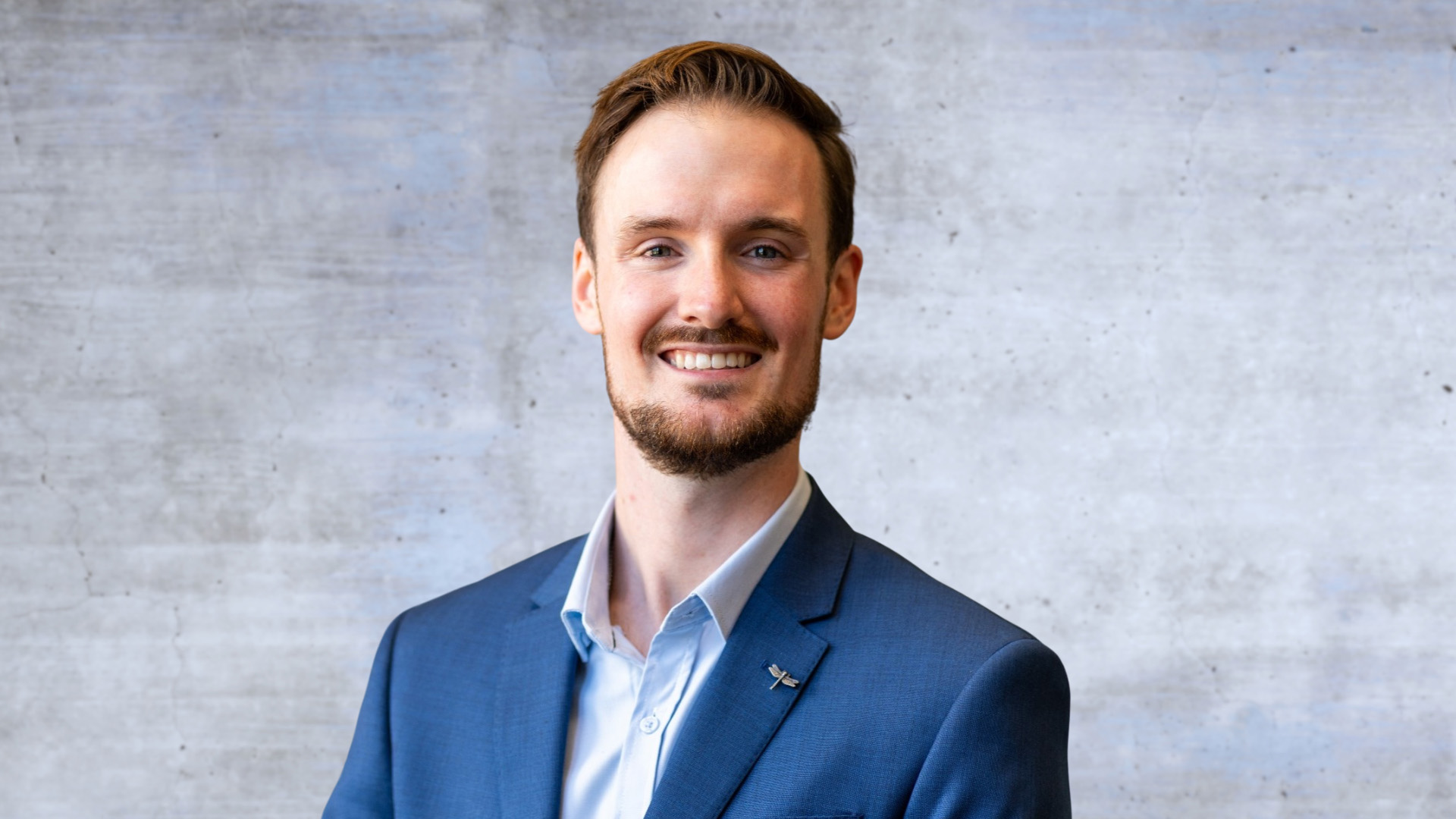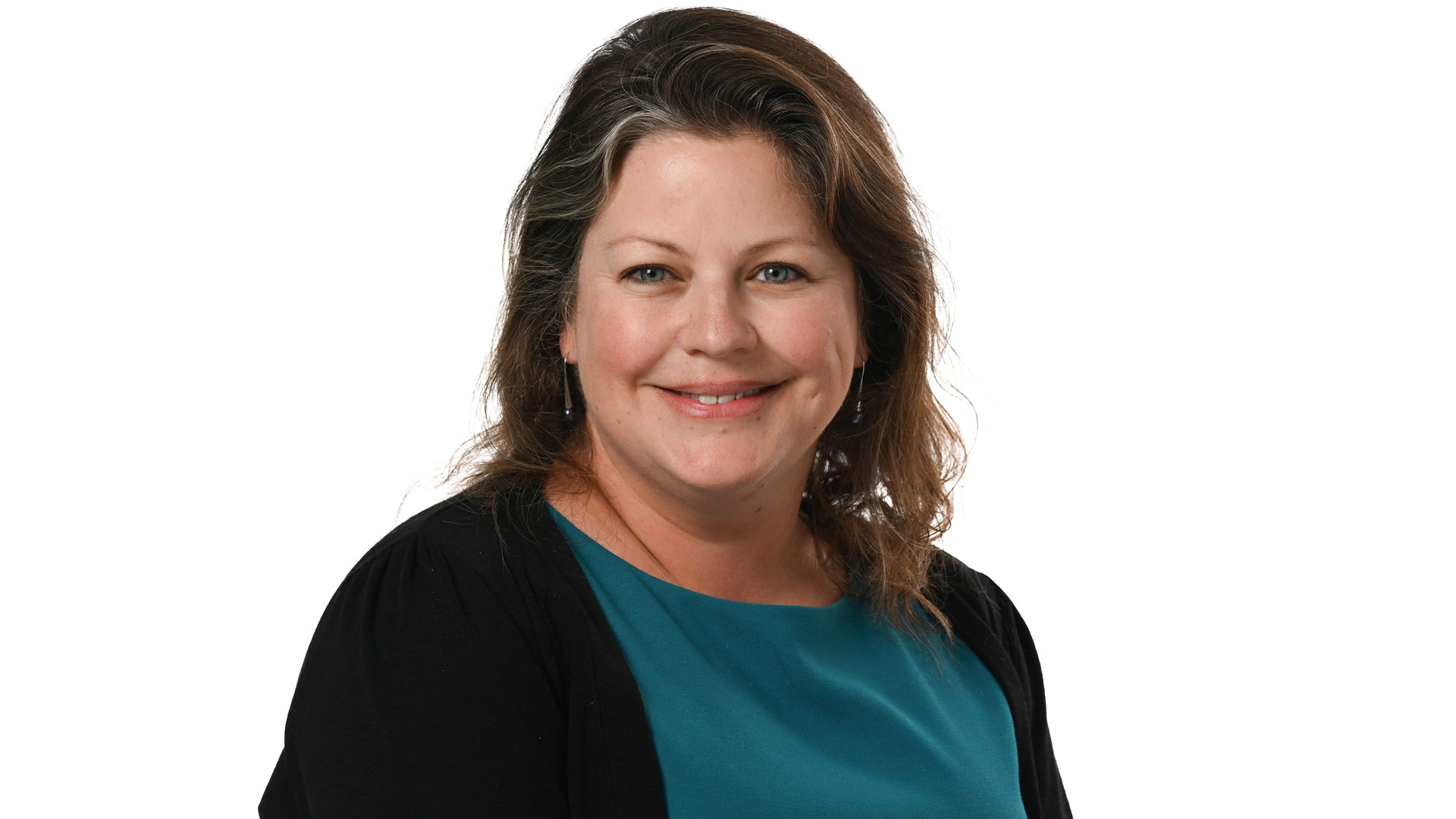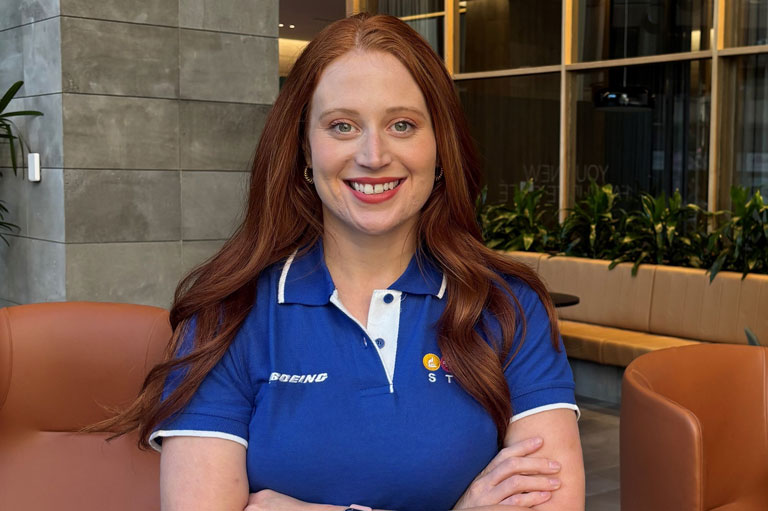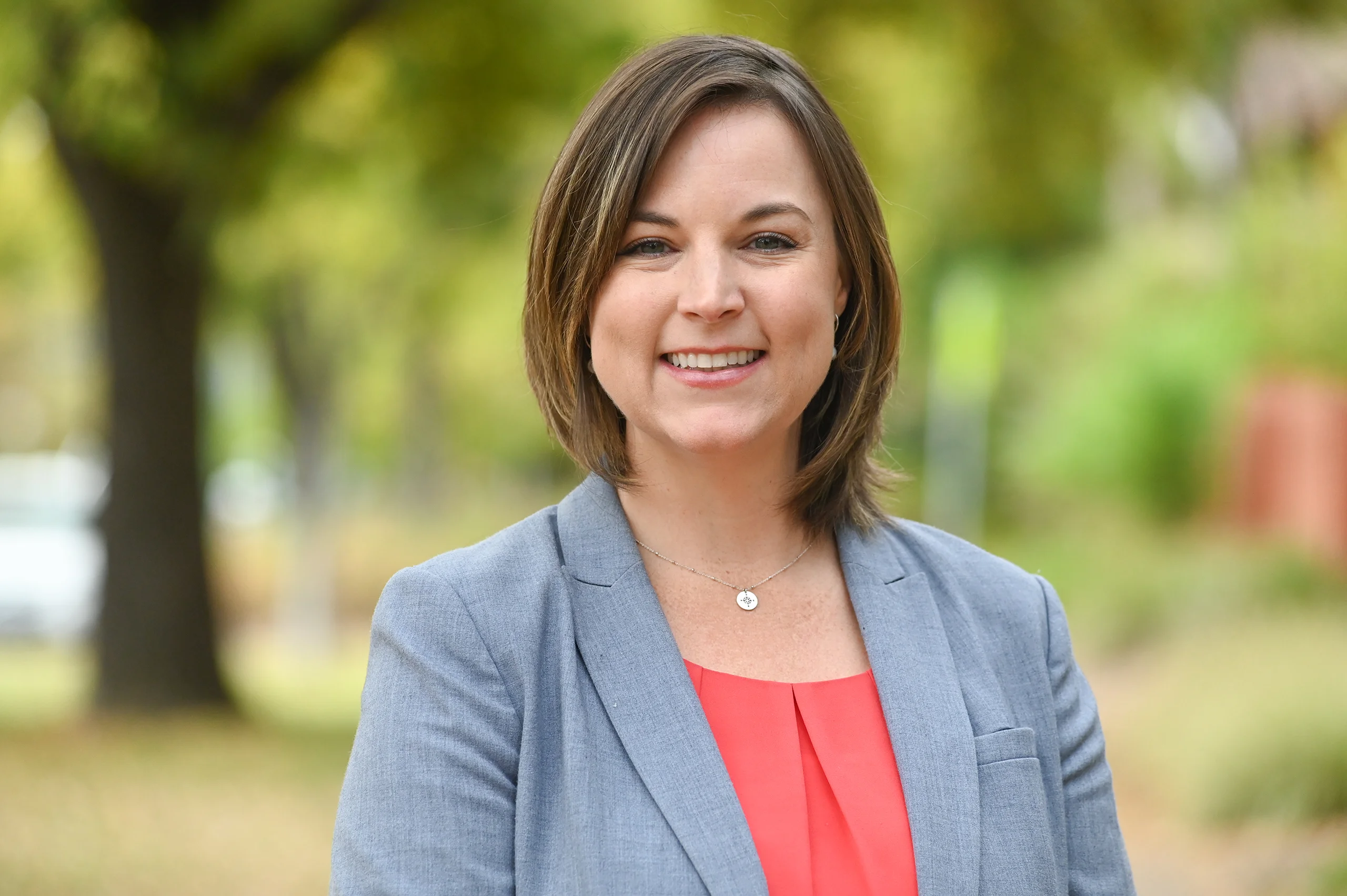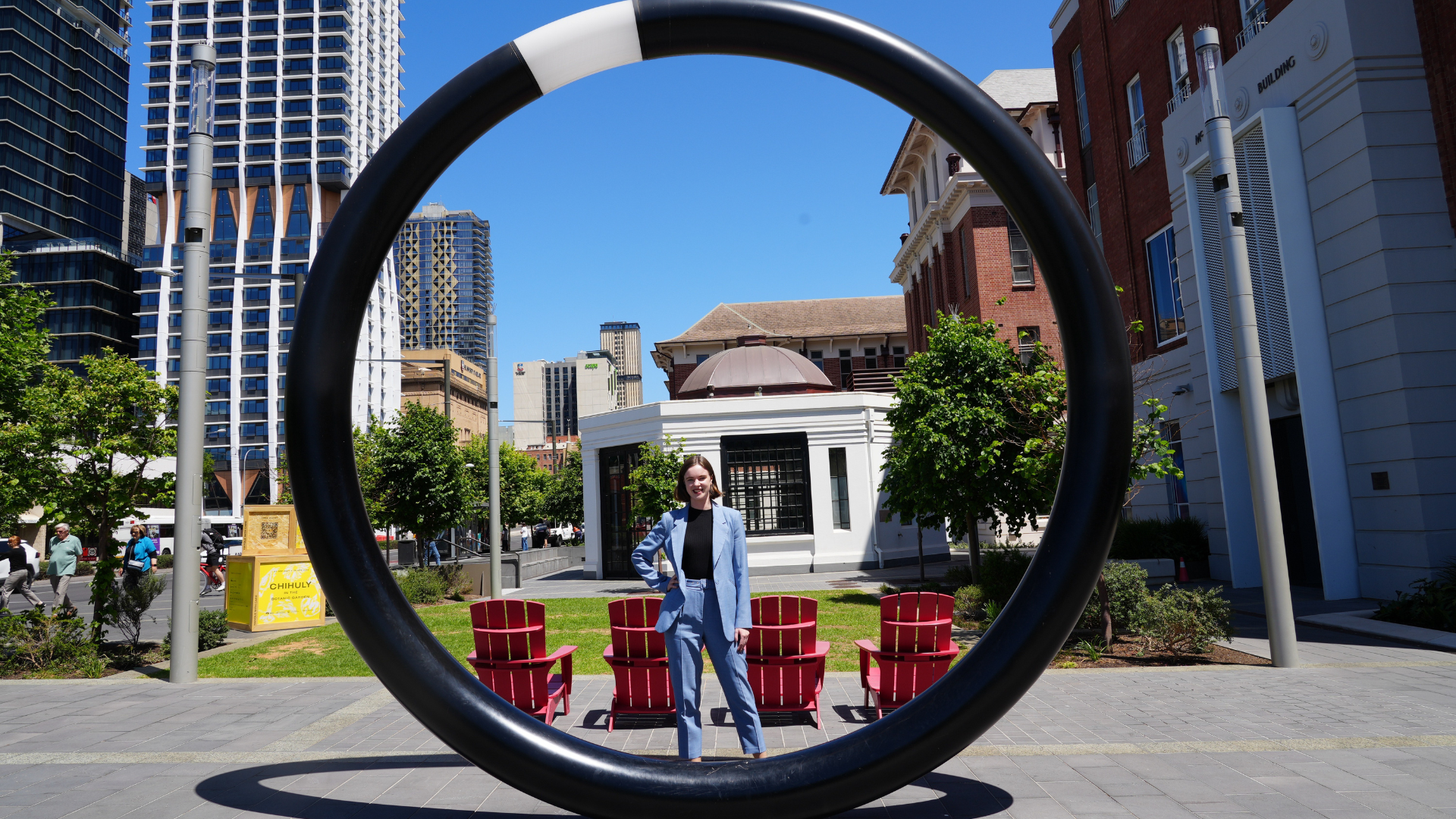Turning childhood dreams into reality
While many kids grow up with dreams of becoming an astronaut or pilot, not all have the ability and determination to achieve it.
Born and raised in Scotland to an Australian father and Irish mother, Harrison grew up with the hopes of becoming an astronaut or a pilot.
“I grew up admiring Neil Armstrong, and absolutely loved space technologies, so I had my sights set on the skies early on,” said Harrison. “But after realising I was colour blind and there would be some limitations to what I could do, I focused my attention on aerospace engineering.”
Harrison studied aerospace engineering at the University of Glasgow, combining his passions for engineering and sustainability to become an expert in Active Debris Removal (ADR) technology.
Wanting to expand on this topic further, Harrison proposed his own master’s thesis and moved to the United States to explore ‘Reusable Concepts for Space Debris Removal’ and other space technologies, such as rocketry.
“In San Diego I led a team that designed and tested a liquid rocket engine in the desert, including making our own biofuel,” reflected Harrison. “It was this project and academic paper that put me in front of agencies like NASA, exposing me to the devastating impact of space debris to their missions. I realised at this point that there was a demand for Paladin Space.”
But before Paladin Space was to take flight, Harrison did.
“During university, I joined the Royal Air Force Reserves and my University’s Air Squadron. Learning to fly was a dream come true, and it sparked my passion for Defence. That lead me to join the Graduate Program at BAE Systems,” said Mr Box.
While in the graduate program, Harrison was based in the North of England, working in the Warton Aerodrome to build and test fighter jets. During that time, Harrison was also given the opportunity to live in Ankara, Turkey, testing and completing design work for future fighter jets.
After exiting the graduate program and working with BAE Systems on fast jet programs for a couple of years, Harrison received the call that would take him to Australia.
“It was mid-COVID and there were a lot of lock downs and curfews in the UK. I had been to Australia before as an international delegate for the BAE Systems grad conference, and being an avid surfer, it had always been on my radar. So, when I got a call about a role in Melbourne, it felt like an awesome opportunity to combine some of the things I love,” said Harrison.
Less than three weeks before his flight to Australia, Harrison’s contract shifted to mean he would be relocating to Adelaide, instead.
“I was ready to go where the wind took me and was also aware of Adelaide’s position as the centre of space in Australia. So, I embraced the change and joined BAE Systems’ Australian operation as a Senior Systems Engineer,” he reflected.
This role sees Harrison working across all phases of Defence projects in support engineering, building up the capabilities for remote-site support and training.
Adelaide has also enabled Harrison’s brainchild to capture and reuse man-made space debris to come to life. With government-supplied funding available to support entrepreneurialism in the space industry, Paladin Space was born.
“I have a passion for sustainability here on earth, however, we should not discount the role of this in space also,” said Harrison. “Sustainability in space is very cost effective as it minimises waste and the cost of replacing assets in-orbit.”
Harrison’s day-to-day at Paladin sees him in the lab busy developing the minimum viable product (MVP), in conversation with companies such as NASA, the European Space Agency and SpaceX, as well as collaborating with academia and industry partners. The short-term goal is to get enough capital to put the demo into orbit, and then the sky is the limit for Harrison and Paladin.
And if that wasn’t enough to keep Harrison busy, he was recently selected to be a part of the Department of Premier and Cabinet’s ‘ForceForty’. The program brings together 40 of South Australia’s most talented and dedicated leaders under 40 whose experience and innovative thinking will contribute to the future of the industry and the State.
When asked about any advice for others considering a career in the space industry, Harrison had this advice.
“Many people don’t realise the skills that can be transferred into space. For example, a satellite that is used in space may use thermal sub-systems that are used in other industries, just in a different way,” he said. “When I started my company, I knew there were no guarantees, but the first step is always the hardest. Working in space in Adelaide is very achievable. It’s called space, but it really isn’t out of this world.”
Published 17 April 2024
Explore More
Jenny Mortimer leads groundbreaking research on how unique species of plants can thrive in space and support future missions.
Tori Tasker started her career digging up ancient bones as an archaeologist, before pivoting to new career trajectory in the space sector.
When Shena Howell was pursuing her passion for the arts at a young age, she never thought her natural creativity would drive her to become an innovative thought leader in South Australia’s defence and space industries.
As one of South Australia’s youngest female STEM graduates rocketing to success in the state’s space sector, Georgia Dallimore is passionate about inspiring the next generation of women in STEM to reach for the stars.
